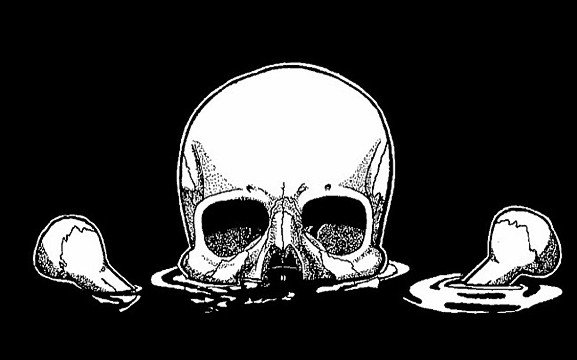The idea of releasing a trackable, flawed version of a game is nothing new. We have seen other manufacturers do this before with all kinds of flaws in them. Everything from crashing at a certain stage, leaving out mouse control (or skewing it) and more. Most of these releases also have tracking subsystems in them to report back when they are installed or played. It is a method to determine how many times a game is downloaded. Greenheart Games put this and the bug we mentioned into their new game Gave Dev Tycoon.
Now the idea is interesting; put a bug that forces a player to deal with overwhelming piracy of their product with the end result being that they go bankrupt. It is a great object lesson… well sort of. Game Dev Tycoon only costs about $7 so the desire to pirate the game is not about money for the people that are downloading it illegally (is it illegal since it was released by the developer?). So what is this about? Our guess is that many people are doing a try before you buy type of download. Studies have shown a direct correlation between active demos of a game a good sales. If this is the case then a percentage of these downloads could turn into paying customers. Of course this might not happen now that there is a flaw in the game and no matter what you do you will lose. This little bug could push people away from paying the money for the game and hurt Greenheart in the long run.
Of course we now have to wonder if piracy will affect people that actually purchase the game or if this is something that does not affect them at all. It would be interesting to see if that will become an option with a difficulty slider attached… After all piracy is a real issue in development and Game Dev Tycoon is a simulation game… why not add a little realism to the game? Maybe it is because in the end Greenheart games knows that piracy is not as simple as their routine would seem to suggest; you have to consider downloads, conversions (people that end up buying the game), re-downloads, cost of DRM Vs sales and user experience, and so much more to get an accurate impression of how piracy affects game development in the real world. It is not as cut and dry that most would have you think.
All this amounts to is an interesting way to discourage downloading a single release of a game. This tactic could end up damaging the conversion rate that typical piracy often leads to or more likely lead someone to hack the “bug” out of the cracked release and redistribute it making the whole exercise sort of pointless.
What do you think? Tell us in our Forum




